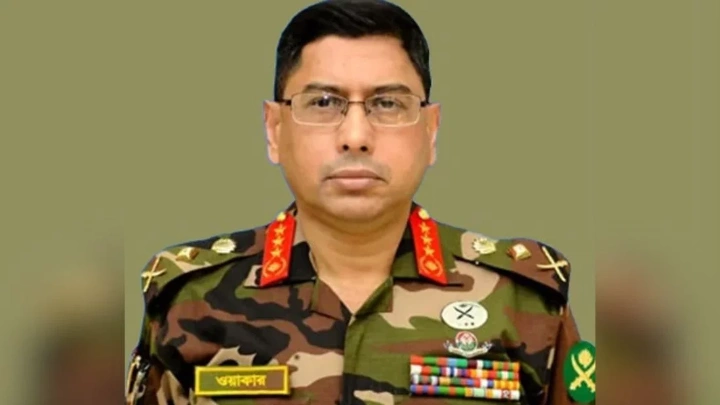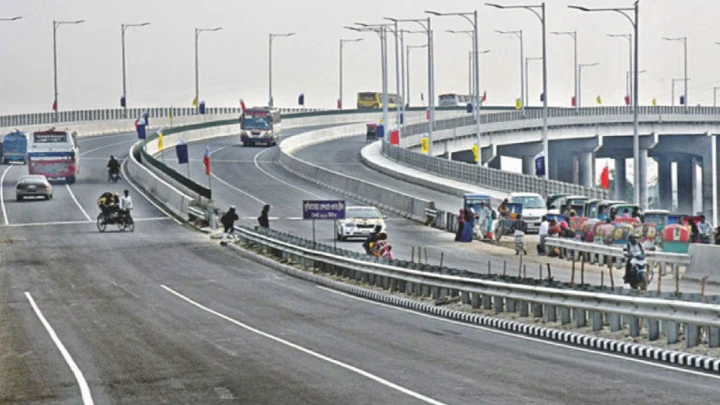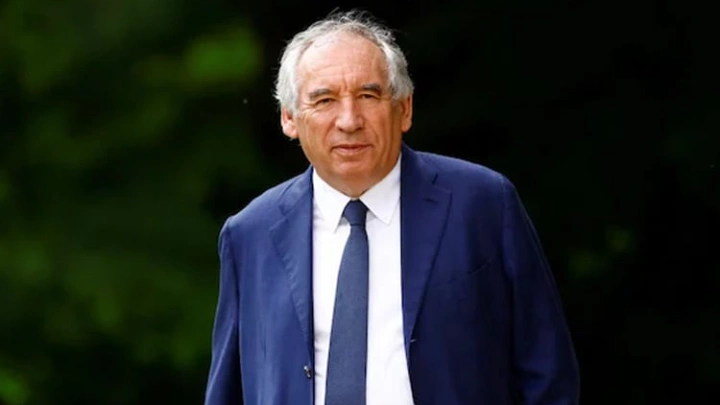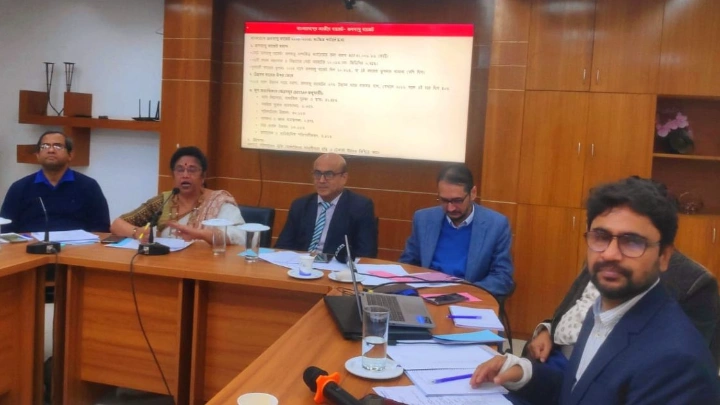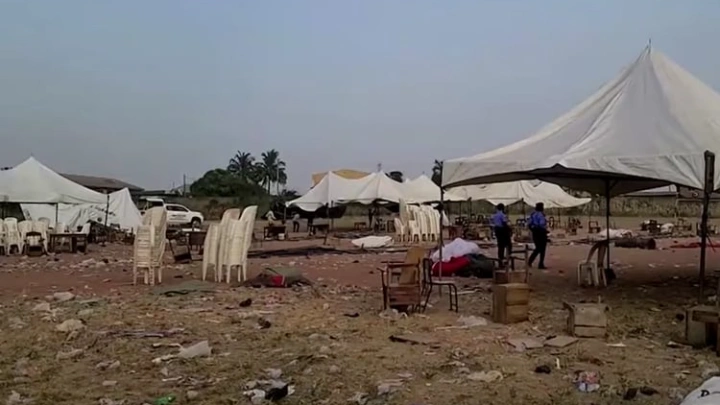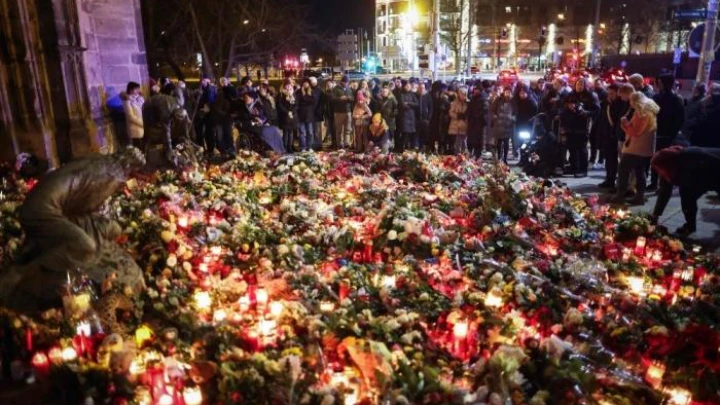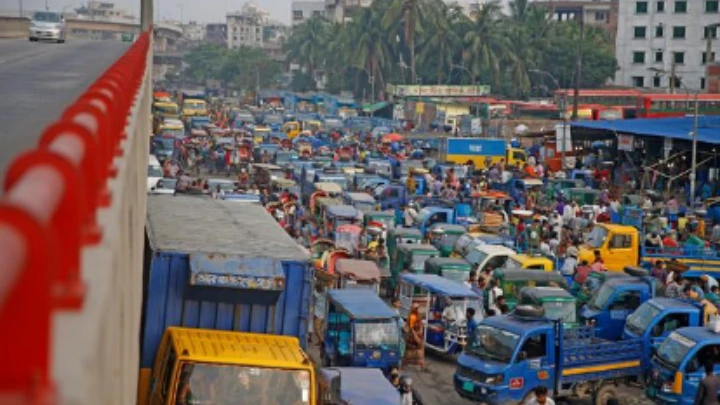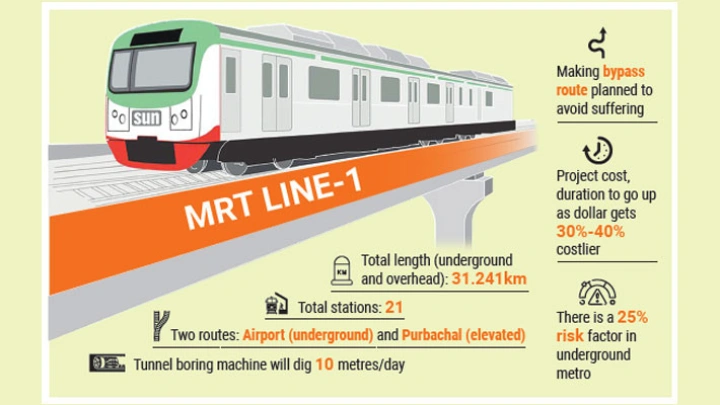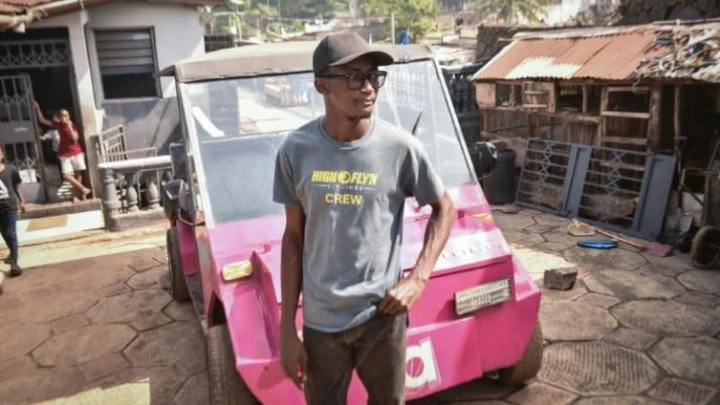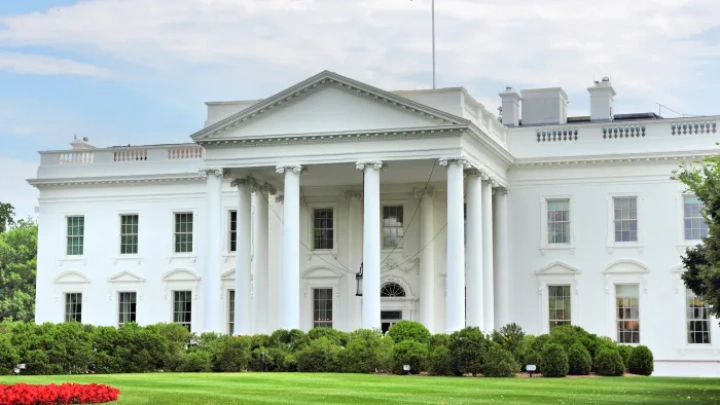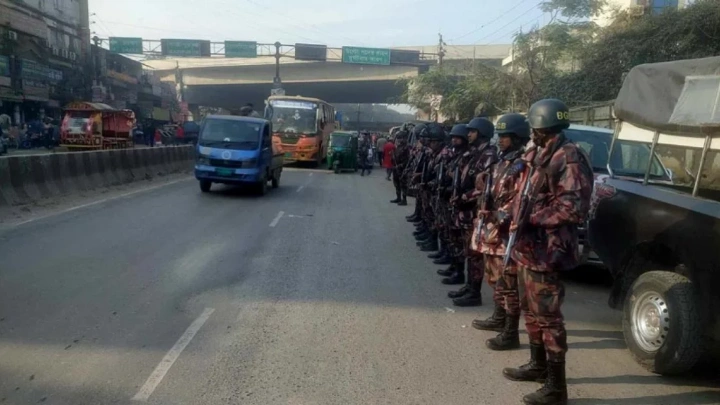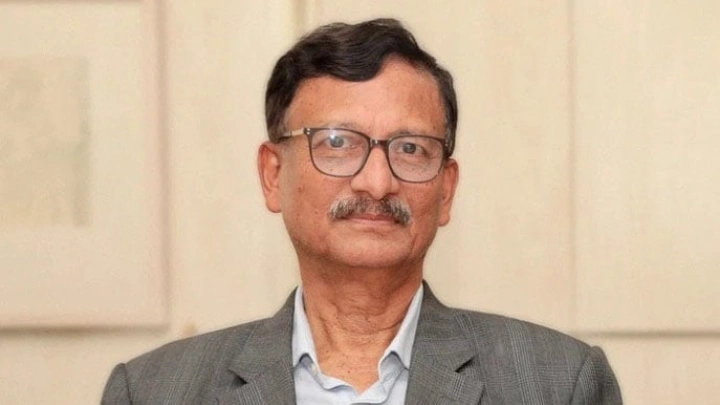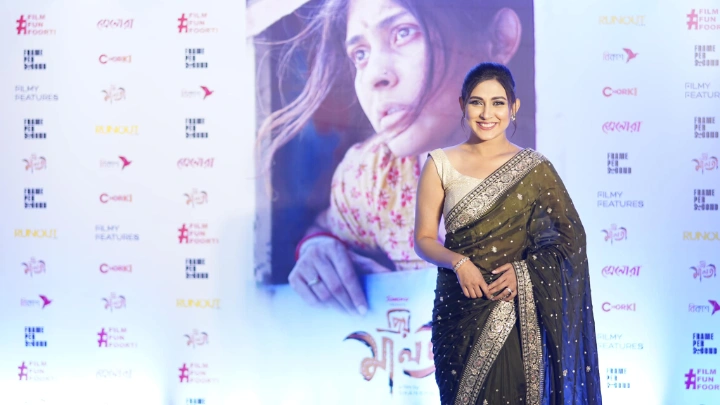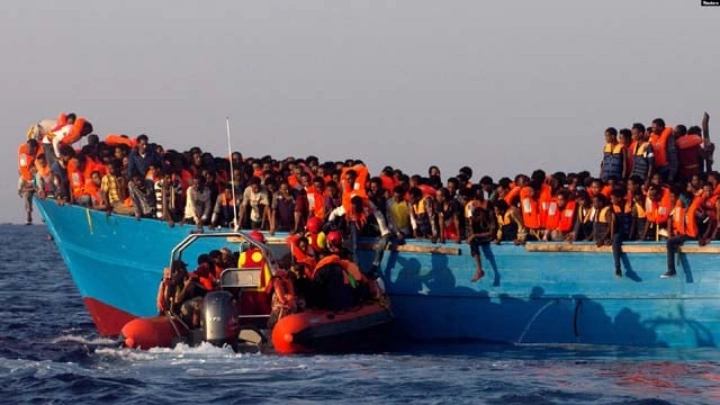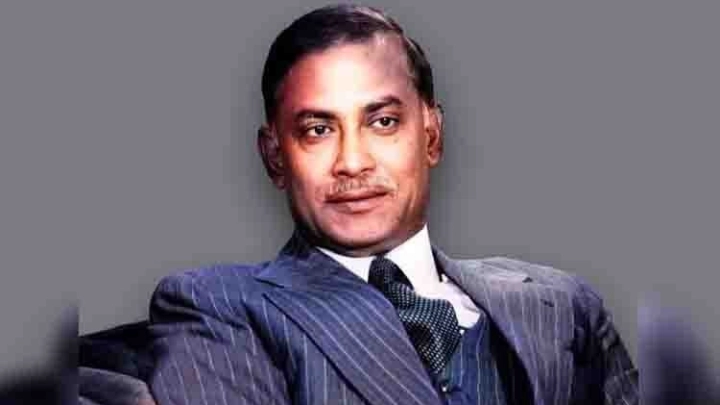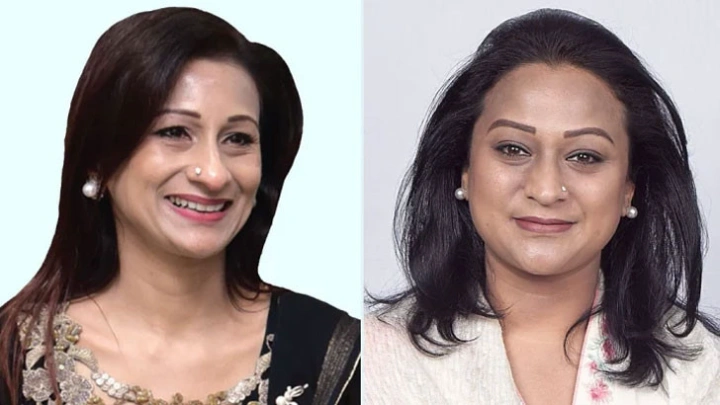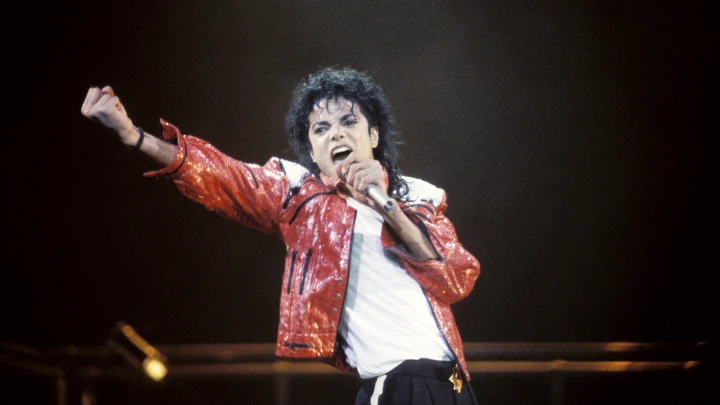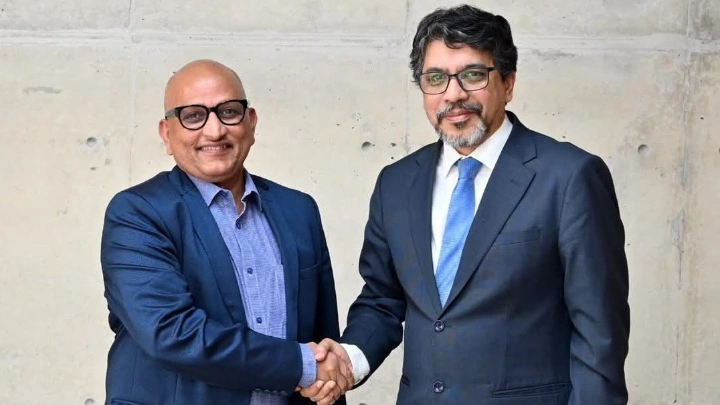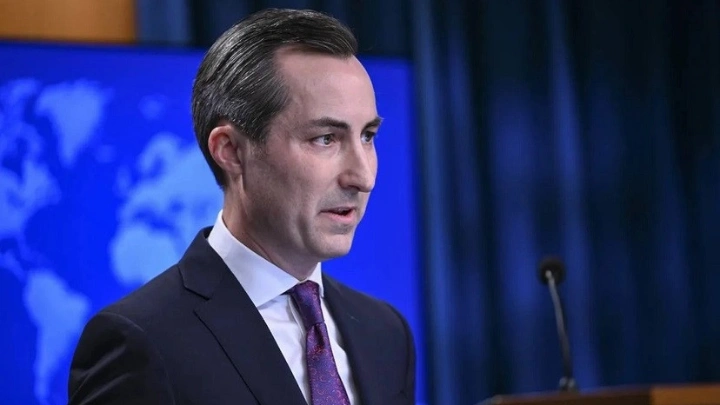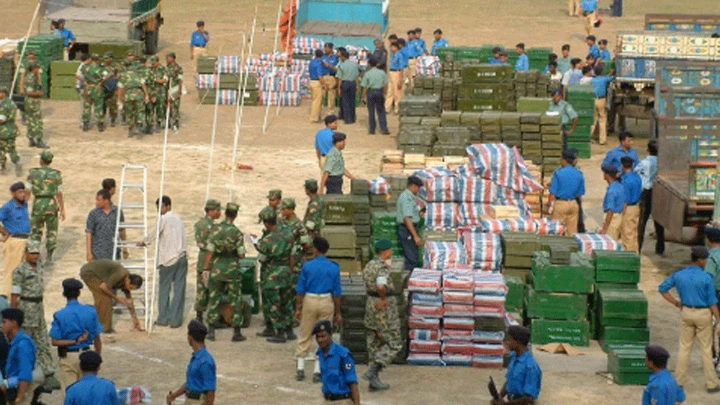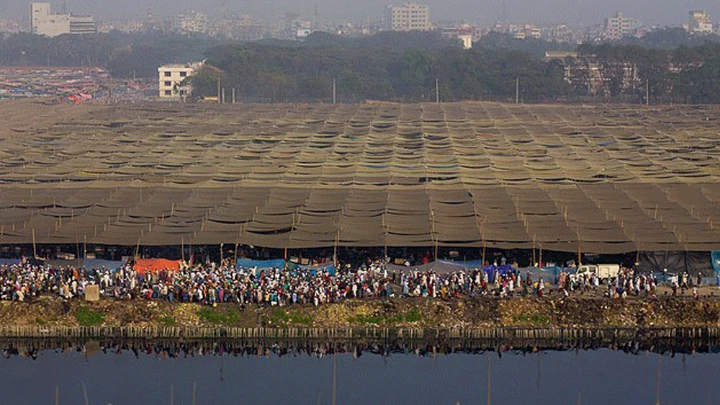Gen Waker’s election timeline: What the interim govt and political parties are saying
DhakaTribune || Shining BD
Following the ousting of Sheikh Hasina’s regime, the interim government led by Prof Dr Muhammad Yunus assumed control of Bangladesh amid a mass uprising on August 8. Since then, one of the key questions on people’s minds has been the timing of the next election.
Several sources have speculated that the election might be scheduled within two or three years, following some reforms.
However, Bangladesh Army Chief General Waker-uz-Zaman recently said in an interview with Reuters that democracy should return within a year to a year and a half, fueling further discussion about the timing of the national parliamentary elections.
When asked about the matter, at least two advisers of the interim government declined to comment on the election timeline following the army chief’s statement.
They mentioned that when they read the interview with the army chief, the Chief Adviser was already in New York for the United Nations General Assembly, where he has a busy schedule. They had not discussed the timeline with him.
Advisers, speaking anonymously, said that they could not make personal comments on the issue, as it is a matter for the advisory council to discuss.
According to Reuters, Dr Yunus’ office said on Wednesday that the government would engage in talks with political parties after receiving recommendations from six reform panels it had established.
The office said: "Once consensus on the reforms is reached and the voter list is prepared, the election date will be announced."
Earlier this month, after the formation of the six reform panels, several advisers of the caretaker government made similar statements. They indicated that once reforms are implemented, the election schedule would be announced based on the opinions of political parties.
In response to a question, Adviser Syeda Rizwana Hasan said after a council meeting on September 12: “Six commissions have been formed. The commissions will first present their proposals within three months, following dialogue with political parties. We have already had dialogues with the political parties, and they have expressed their desire for reforms. The election date will be announced after the reforms.”
When contacted, Badiul Alam Majumder, head of the election reform commission, told Dhaka Tribune on Wednesday: “It’s up to the government to decide whether to hold talks with the Awami League and set the election date."
He noted that his commission has been tasked with providing recommendations within 90 days, from October 1 to December 31.
What are the political parties saying?
Sajeeb Wazed Joy, son of the ousted prime minister Sheikh Hasina, expressed his support for the army chief’s proposed election timeline of 18 months, even though it was later than expected. However, he stressed that genuine reform and credible elections could only happen with the participation of his mother’s party, the Bangladesh Awami League.
“I’m glad we now at least have a timeline,” he said in an interview with Reuters on Tuesday night.
“However, we’ve seen this scenario before, where an unconstitutional, unelected government promises reform, only for things to deteriorate further.”
“It’s impossible to achieve legitimate reforms and elections while excluding the country’s oldest and largest political party,” he added.
In contrast, leaders of the interim government have repeatedly described the Awami League as a ‘fascist party’ and said that there is no place for them in Bangladesh. They also said that the people would decide whether the Awami League could continue its political activities.
Following the fall of Sheikh Hasina’s government, most of the Awami League’s central leaders went into hiding and occasionally issued statements from undisclosed locations.
Tabith Awal, BNP Executive Committee member and former DNCC mayoral candidate, told Dhaka Tribune that BNP Standing Committee Member Sallauddin Ahmed has already called for an election roadmap. He added that an 18-month timeline is a good starting point for discussions on specific steps to achieve a democratic election.
Jamaat-e-Islami Publicity Affairs Secretary Adv Motiur Rahman Akand said: “Different groups and parties have varying opinions on reform. If we engage in dialogue with everyone, the interim government can act accordingly.”
“We don’t wish to comment on the 18-month period mentioned by the army chief. We’re not setting any timeframe; we just want elections as soon as possible,” he added.
Zonayed Saki, chief coordinator of Ganosamhati Andolon, said that reforms and elections could happen soon.
“The army chief affirmed that the military supports this interim government, which was formed through a popular uprising. This is everyone’s government. He reiterated the army’s support and cooperation with the government,” Saki added.
Mojibur Rahman Monju, AB Party Member Secretary, agreed that the army chief’s proposed timeline of 18 months is reasonable.
“If the government can hold free, fair, acceptable, and participatory elections within 18 months, while also controlling law and order and implementing key reforms, it will enhance its image,” Monju said.
“While political parties focus on reforms and elections, the general public seeks good governance, public safety, and improvements in the country’s socio-economic conditions. If the government can deliver on these fronts, the people may accept a slight delay in the election,” he added.
Shining BD

